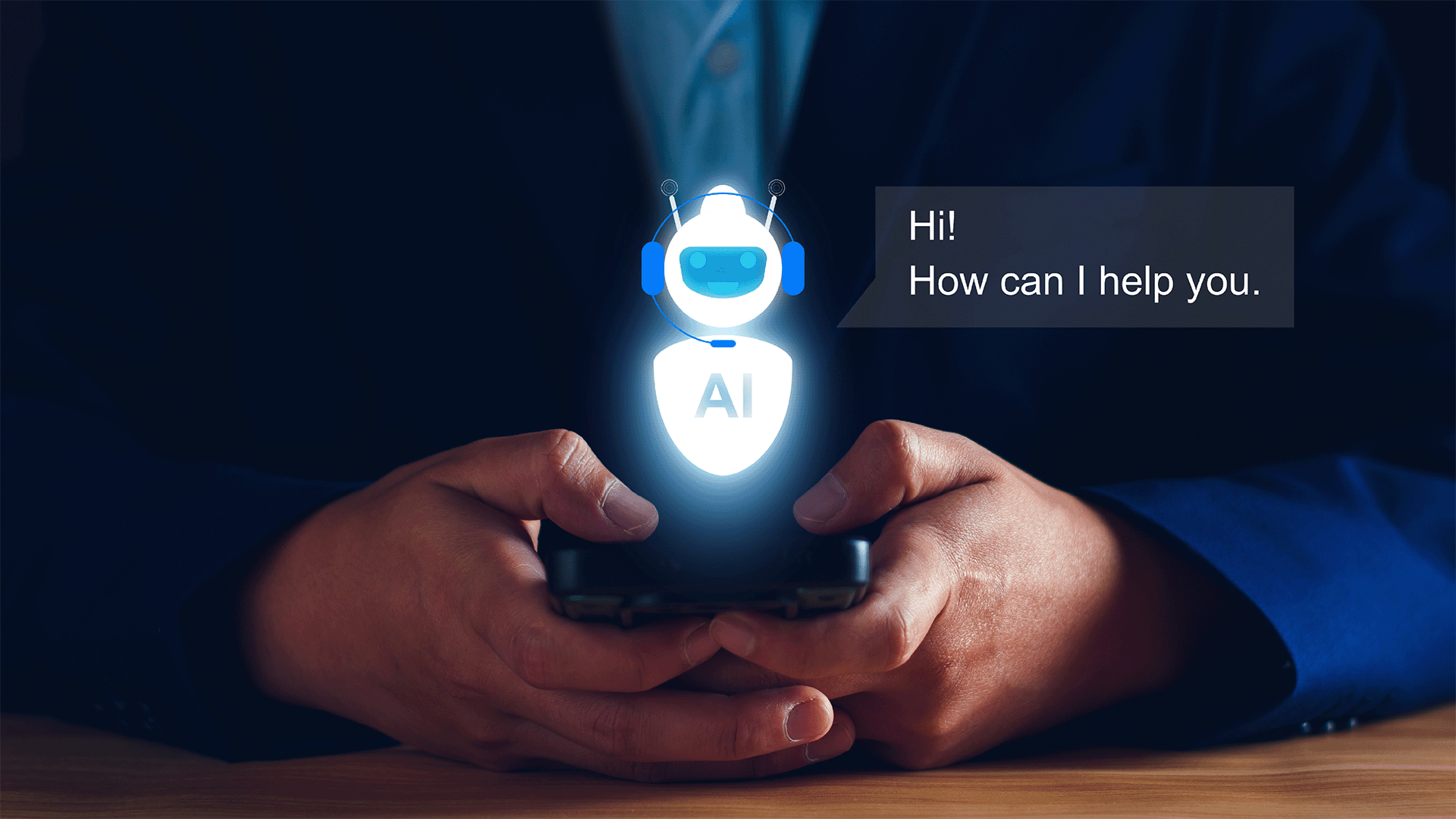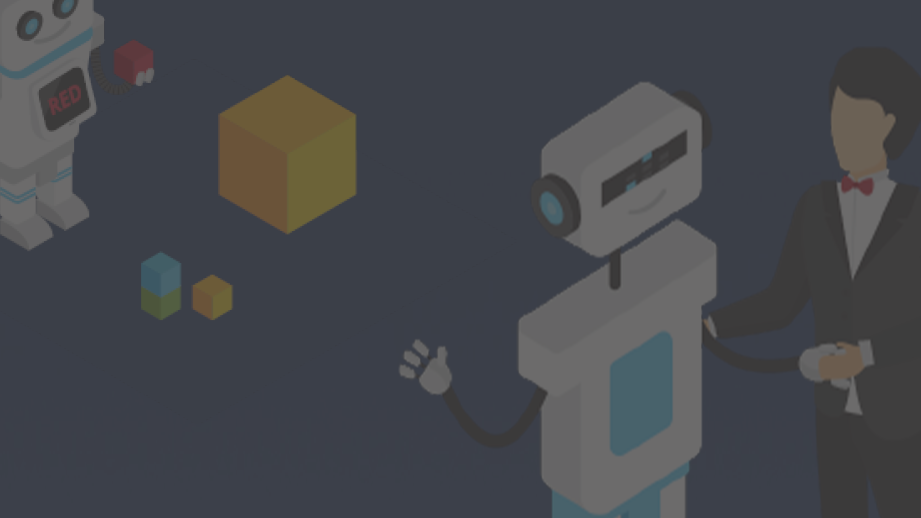Marketing is dead. Again.
At least that’s what some proponents of AI would have you believe. AI is writing blogs, generating campaign ideas, segmenting audiences, and optimizing ad spend. So naturally, it must be replacing the humans behind it all... right?

Source: Neil Patel
Wrong.
The narrative that AI is here to kill marketing and marketers is not only overhyped, it misses the point entirely. Marketing isn’t being replaced. It’s being reinvented. And marketers who know how to work alongside AI, particularly the new generation of AI agents, are not just surviving, they're thriving.
According to SurveyMonkey, a majority of marketers are excited about AI and its impact on their jobs: 69% are excited, compared to only 14% who have anxiety about it.
Remember 2023? The hype cycle around generative AI was in full swing. Tools like ChatGPT, Bard, and Bing Chat were everywhere. They could write emails, blogs, and headlines at lightning speed. Marketers braced for impact, unsure whether this was a revolution or a redundancy notice.
And I’ll admit, those tools were powerful. They made content production faster. They made data analysis smarter. They made it impossible to ignore the coming shift in how marketing teams worked.
But they didn’t replace marketers. Because the heart of marketing—understanding people, telling compelling stories, adapting with nuance—still required something machines couldn’t replicate.
That was then. This is now.
Welcome to the age of AI agents
Fast-forward to 2025, and the AI conversation has shifted from tools to agents. Unlike basic models that simply respond to prompts, AI agents are dynamic, context-aware systems that can learn, reason, and act across multiple tools and workflows.
Think of them as autonomous assistants that don’t just follow commands, they anticipate needs, prioritize actions, and adapt over time. They’re embedded in your stack, not added on. They’re proactive, not reactive.
This evolution is a huge opportunity for marketers. But to take full advantage of it, you need to understand what AI agents can and cannot do.
What AI agents can do for marketing teams
AI agents are transforming how marketing teams operate, streamlining processes that used to eat up time and resources. Here’s how they’re already making a difference:
1. Campaign coordination across channels
AI agents can manage multichannel campaigns—email, social, PPC, organic—by analyzing performance in real time and making micro-adjustments along the way. No more last-minute scrambles to rebalance budget or rework creative.
2. Personalization at scale
By analyzing behaviour across your entire funnel, AI agents help tailor messaging to the individual at scale. From dynamic landing pages to personalized product recommendations, they allow marketers to connect more deeply without the manual legwork.
3. Insight generation and reporting
Agents can synthesize fragmented data from various sources and generate clear, actionable insights without needing a data scientist on standby. They can even flag anomalies or opportunities before you spot them.
4. Predictive intelligence
With access to historical data and current signals, AI agents can forecast customer behaviour, suggest high-performing content formats, or predict churn—giving you time to act before it happens.
5. Creative collaboration
Need a brainstorm partner? AI agents can generate campaign ideas, subject lines, audience hypotheses, and more. They won’t create a Mad Men-level ad campaign on their own, but they’re a solid creative springboard.
What AI agents can’t do (and why that’s a good thing)
Despite all the advancements, AI agents aren’t a complete replacement for the human marketer. It’s a partner. A force multiplier. But there are critical areas where human input is still irreplaceable:
1. Emotional intelligence
AI can interpret sentiment, but it can’t feel it. Marketers use instinct, empathy, and lived experience to make creative decisions that resonate.
2. Narrative building
AI can structure a message, but storytelling is a deeply human craft. The ability to weave emotion, insight, humour, and meaning into a brand’s story is still your superpower.
3. Cultural and contextual sensitivity
AI isn’t great at understanding nuance. Human marketers pick up on trends, tone, and taboos that a model trained on historical data might miss.
4. Ethics and judgment
Marketers today aren’t just selling—they’re making value-based decisions around privacy, bias, and trust. AI needs guidelines. You set them.
5. Strategic decision-making
AI can suggest what’s worked before. But when it comes to big bets, gut instincts, and bold pivots? That’s where humans shine.
AI doesn’t replace marketers (it elevates them)
The truth is, AI isn’t killing marketing. It’s redefining it. It’s shifting the marketer’s role from executor to orchestrator. From being buried in dashboards to leading strategy. From reactive to predictive.
You don’t need to know how to build an AI agent. You just need to know how to work with one. And when you do, your job actually gets better. Instead of spending hours digging through spreadsheets, you’re analyzing insights already surfaced by your AI agent. Instead of manually building endless reports, you’re asking natural-language questions and getting real-time answers. Instead of guessing what’s working, you’re running live experiments and letting your agent optimize in the background.
AI agents give you time back. They give you sharper focus. They give you a new kind of leverage.
Let’s be clear though: you don’t win by turning your marketing over to AI. You win by building a partnership where the machine does what it does best (analyze, automate, optimize), and you do what you do best (create, connect, decide).
The future of marketing doesn’t belong to the fastest writer or the cheapest producer. It belongs to the marketers who know how to orchestrate, who can blend human insight and AI intelligence into a high-performing symphony.
What this looks like in practice
Want to see this in action? Here’s how marketing leaders are already using AI agents to transform their teams:
- Onboarding new hires faster by using AI agents to train them on tools, processes, and past campaigns
- Delivering real-time performance updates to leadership without waiting on a monthly report
- Powering agile campaign sprints where testing, iteration, and personalization are automated
- Making better channel decisions based on predictive modelling, not gut feel
- Bringing strategy closer to execution by eliminating time wasted in tool-switching and data wrangling
The result? Faster decisions, better outcomes, and a marketing team that’s more confident in its direction and its data.
Meet Riva: Hurree’s AI agent for marketers
At Hurree, we didn’t just want to add another AI tool to the mix. That’s where Riva comes in, an AI agent built from the ground up to make marketers better at their jobs.
Riva connects the dots across your marketing stack. It’s more than a chatbot or a reporting tool; it’s your analytical sidekick, strategic sounding board, and insight engine all rolled into one.
With Riva, you can:
- Automatically surface insights from siloed or scattered data
- Get recommendations tailored to your audience, goals, and metrics
- Identify gaps in your strategy and spot opportunities to optimize
- Generate reports and summaries in seconds, not hours
Riva helps you do more of what matters: focusing on the big ideas, not the busywork. It doesn’t just save you time, it makes you smarter.
Because at Hurree, we believe the best marketers of the future won’t be replaced by AI, they’ll be augmented by it.
Final thoughts
AI hasn’t come for your job. It’s come to change it for the better.
The marketers who thrive in this new era will be the ones who embrace the shift, learn to collaborate with AI agents, and use them to unlock new levels of creativity, precision, and impact.
It’s not about humans versus machines. It’s about what happens when they work together.
Marketing isn’t dead. It’s just getting started.
Share this
You May Also Like
These Related Stories

The Top AI Tools for Successful Marketers

8 Reasons Marketers Need Artificial Intelligence (AI)


